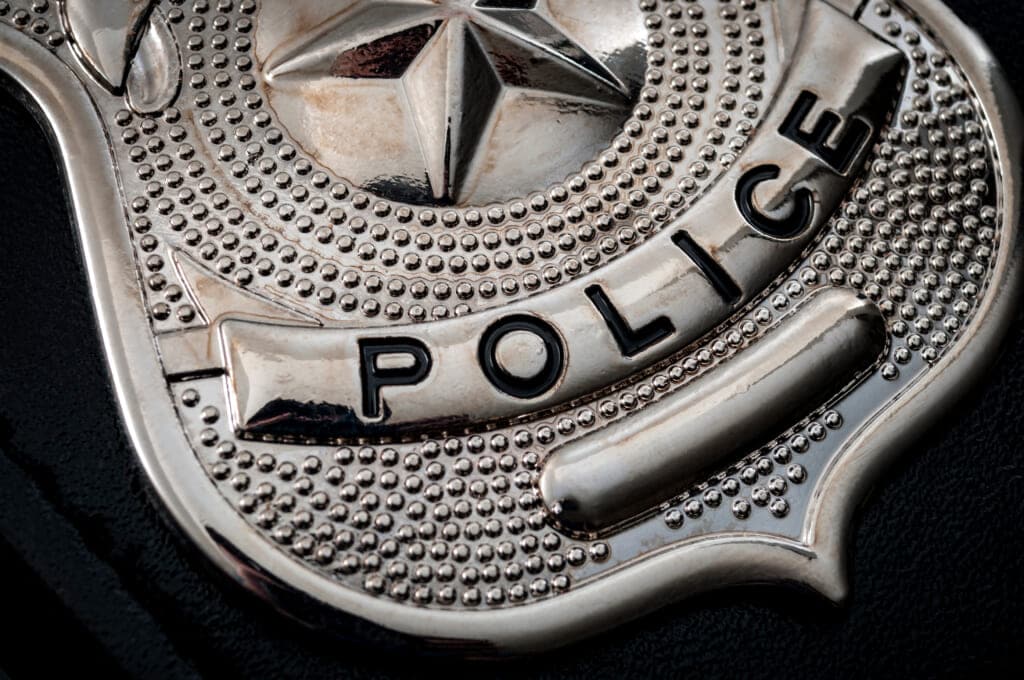We bring news that matters to your inbox, to help you stay informed and entertained.
Terms of Use and Privacy Policy Agreement
WELCOME TO THE FAMILY! Please check your email for confirmation from us.
President Joe Biden and members of Congress face fresh pressure to reach an agreement on proposals aimed at curbing police abuses.
NEW ORLEANS (AP) — A civil rights group in New Orleans is pointing to two federal lawsuit settlements as examples of how civil litigation can hold police accountable for violent tactics in the wake of Tyre Nichols’ death in Memphis.
The American Civil Liberties Union of Louisiana said Thursday it had settled a lawsuit stemming from the 2020 arrest in New Orleans of Michael Celestine, a Black man who said he was threatened with a gun and required hospitalization after police used a Taser on him as he fled what the ACLU called an unjustified stop and search.
Celestine’s settlement and a similar one announced earlier this week by the ACLU come amid renewed national focus on police abuses after Nichols’ death from a fatal beating by law enforcement on Jan. 7. President Joe Biden and members of Congress face fresh pressure to reach an agreement on proposals aimed at curbing abuses. The reform package includes a national registry for police officers disciplined for misconduct, a ban on no-knock warrants and other measures. It was introduced in response to George Floyd’s death in 2020, but stalled more than a year ago.
Celestine’s lawsuit alleged police unlawfully used a Taser on him as he ran from them and tried to climb a fence. He was jailed for more than a year on charges that were eventually dropped, according to court documents.
The lawsuit acknowledged that police found a small amount of cocaine and a gun on Celestine, but argued that officers never had a reason to approach him.
Celestine sought damages for what his lawyers said was an illegal stop and search, excessive force and false arrest. He also said officers were indifferent to his medical needs after he fell from the fence, and that he was hospitalized with shortness of breath and a rapid heartbeat. “Mr. Celestine’s experience reflects a long trend that shows Black men are subjected to excessive force and baseless stops,” the ACLU said. “While no amount of money will ever repay the harm inflicted upon Mr. Celestine, the recent settlement allows him the ability to finally begin the healing process as he attempts to move on from this deeply traumatizing experience.”
Details of the confidential settlement were not made public.
In answering Celestine’s lawsuit, lawyers for police officers Bryan Bissell, Cody O’Dell and Daniel Grijalva said they made a “lawful investigatory stop.” They admitted no liability in the settlement. The Associated Press emailed city officials Thursday seeking comment.
Earlier in the week, the ACLU chapter announced a settlementbetween Shreveport police and Brandon Kennedy, who said he suffered a retaliatory beating by police officer Montrell Jackson. Kennedy, who is Black, was then detained for hours in a mental health ward. He said Montrell struck him after overhearing a conversation in which Kennedy talked about bad experiences with Shreveport police and expressed support for the Black Lives Matter movement.
Terms of the Shreveport settlement were not made public and police admitted no wrongdoing.
The confidential settlements resulted from lawsuits filed as part of the ACLU of Louisiana’s Justice Lab program, which enlists the aid of private attorneys in suing over racially discriminatory police practices.
The organization said in a news release that both cases underscore the need for national police reform in light of Nichols’ death.
“It’s our hope that this settlement, as with every other Justice Lab settlement, will result in fewer incidents of unconstitutional policing and vicious brutality,” the organization’s legal director, Nora Ahmed, said.
TheGrio is FREE on your TV via Apple TV, Amazon Fire, Roku, and Android TV. Please download theGrio mobile apps today!

